Recently we joined a group called the College Autism Network (CAN). We are fortunate to have access to a network of higher education professionals who work with young adults with autism. Through this we gain insights into what the future of college life looks like for Beyond Akeela teens. One professional recently posed a question about the biggest challenges autistic young adults are facing in college environments these days. We gathered some interesting takeaways from the conversation.
All Students are Facing Hurdles
Many students, regardless of their neurological makeup, are facing a similar set of challenges in college. Most of the challenges shared in the thread were tied to student’s maintaining their mental health, being resilient in times of challenge, and feeling overwhelmed by their course loads.
Biggest challenge is Overcoming Setbacks
We noticed the most common trend college faculty shared was that students are having trouble recovering from setbacks they encounter in college. More students are showing an inability to continue or adapt when they face hurdles, which sometimes results in withdrawal from classes.
Effective Coping Strategies are Essential
Students finding the most success in college right now have a strong understanding of healthy coping strategies that work for them. This is why we talk with all Beyond Akeela teens about their coping strategies. They have to access these skills at Beyond Akeela, as everyone has moments of frustration or anxiety at camp. College life is no different.
Reliance of Phones/Screens
Several program directors noted that they are seeing more students relying on screens as their main coping skill. This has adverse effects on student sleep, personal care, and classwork completion. We’ve noticed a similar uptick in families concerned about their teen’s coping skills at Beyond Akeela without screen access. This is why we don’t allow screens at camp, so campers build a variety of coping skills.
Best Results for Those Accessing Support
Several faculty noted that autistic young adults are experiencing less regression than the neuro-majority because of the services they access in college. It is essential for college success to have the self-monitoring skills to understand when help is needed, and how to access it.
One of our goals at Beyond Akeela is to help teens develop a better understanding of the structure and areas of support they benefit from to be successful, and empower them to advocate for that support.



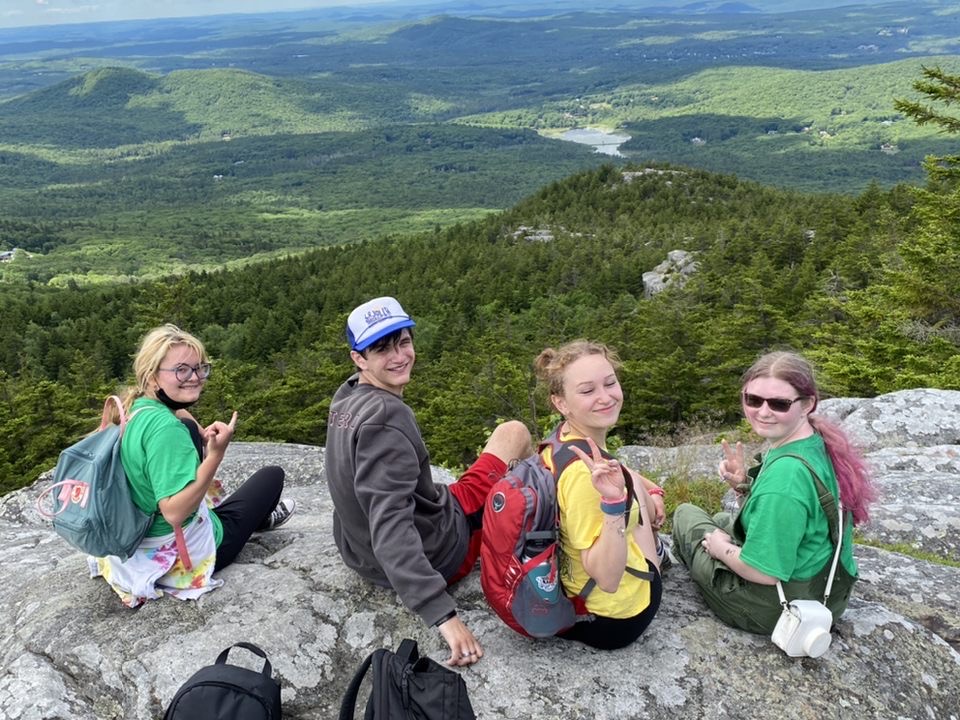
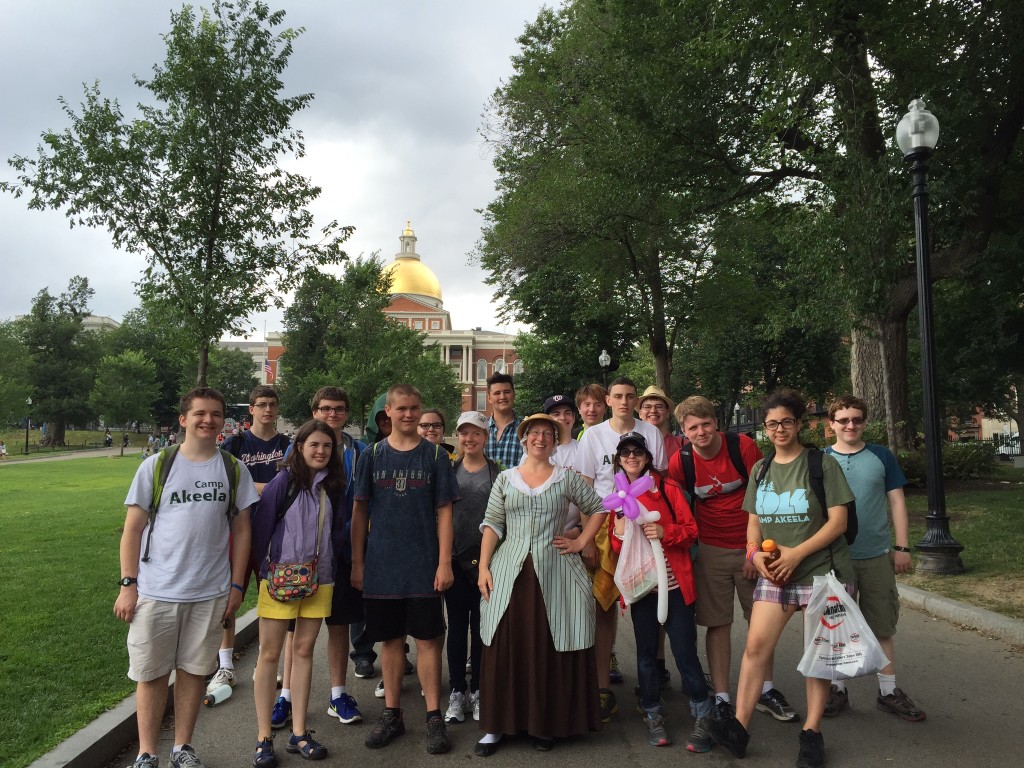
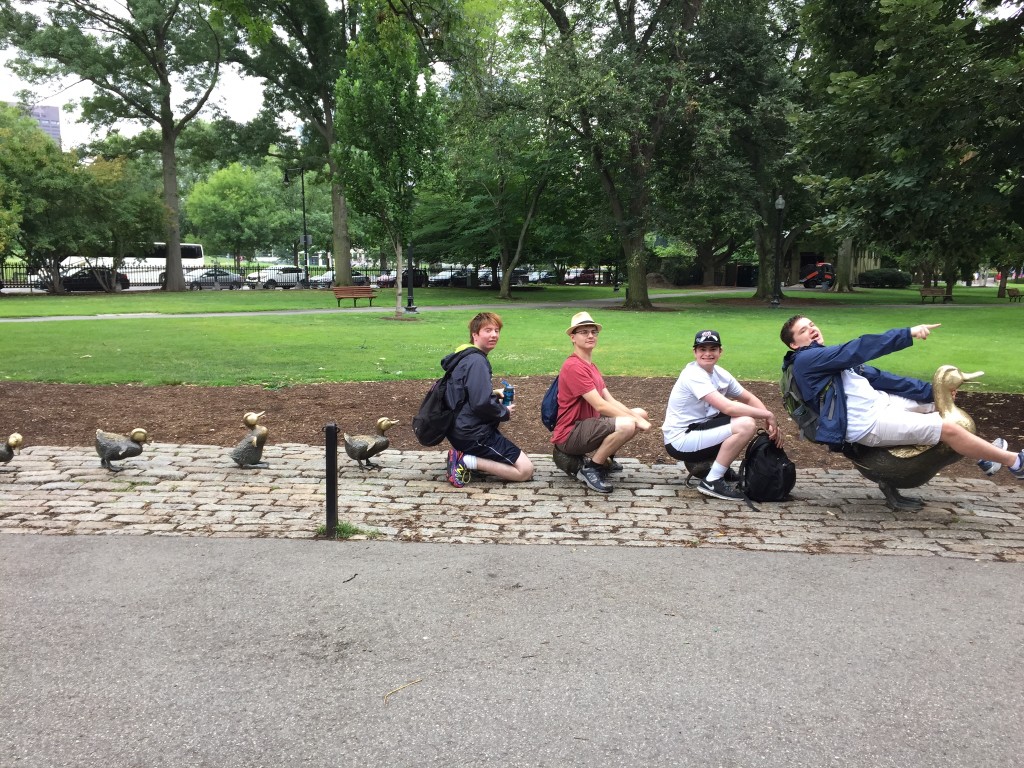
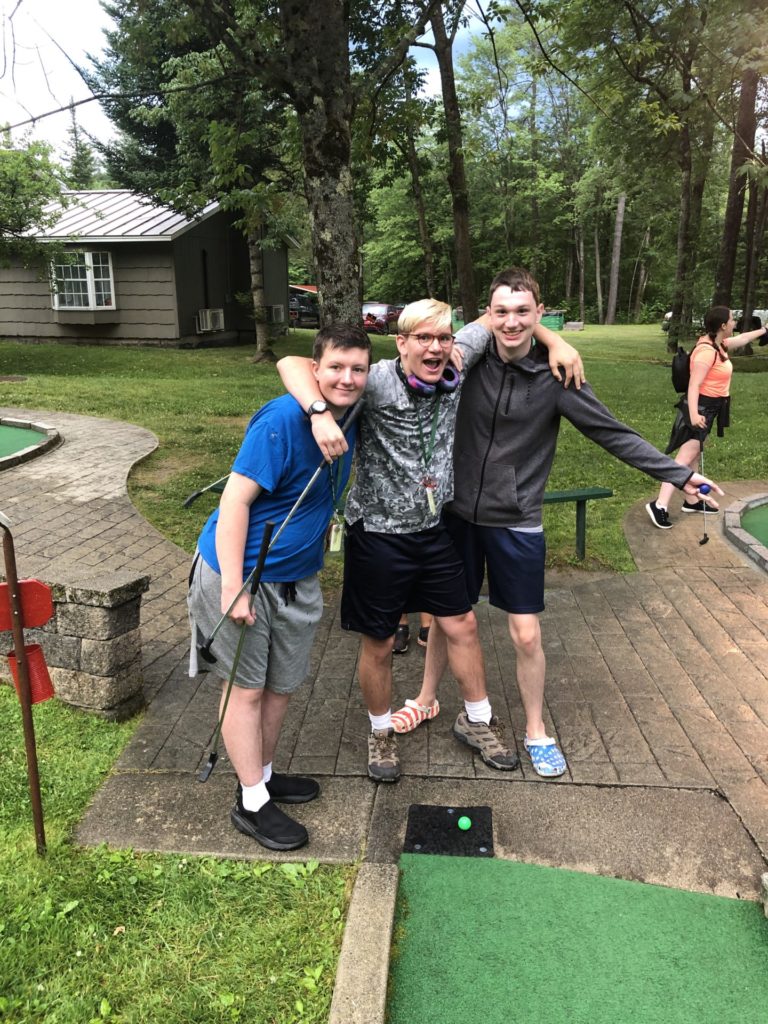
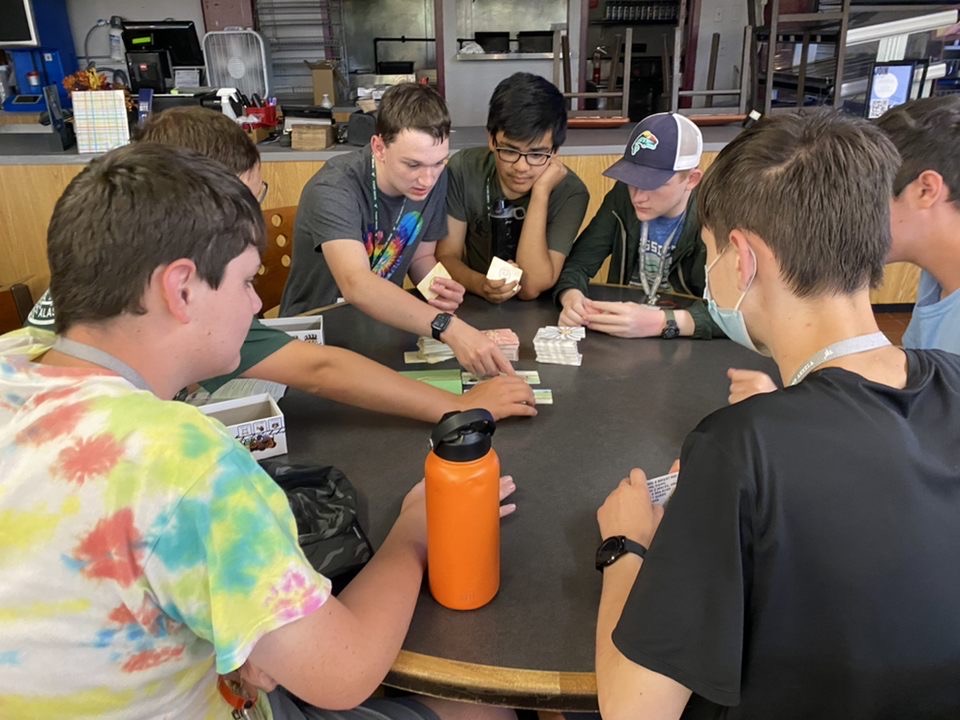
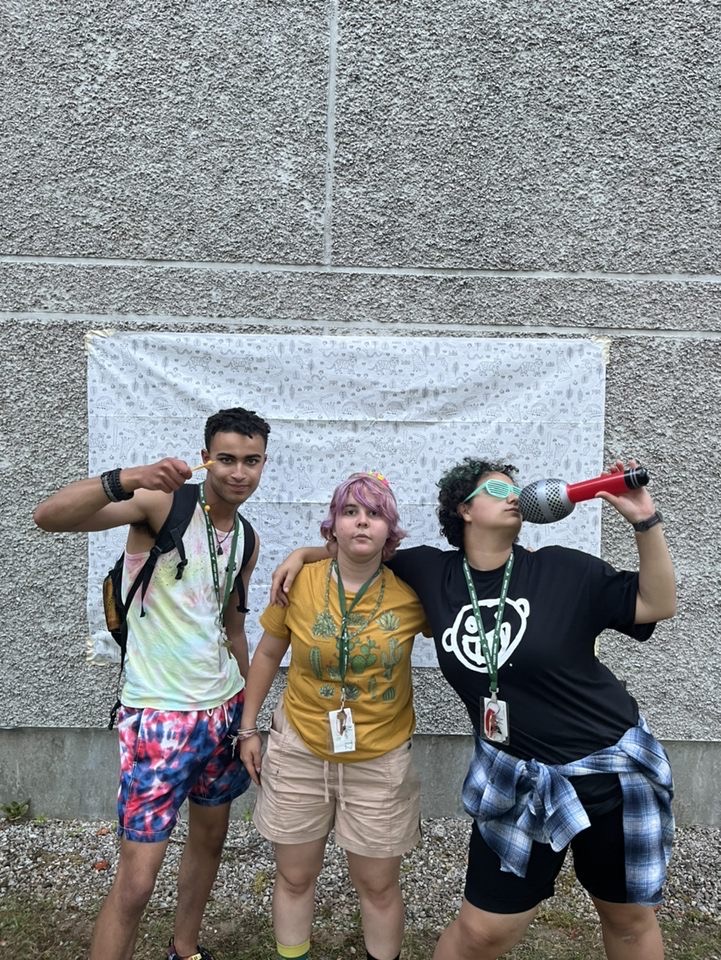
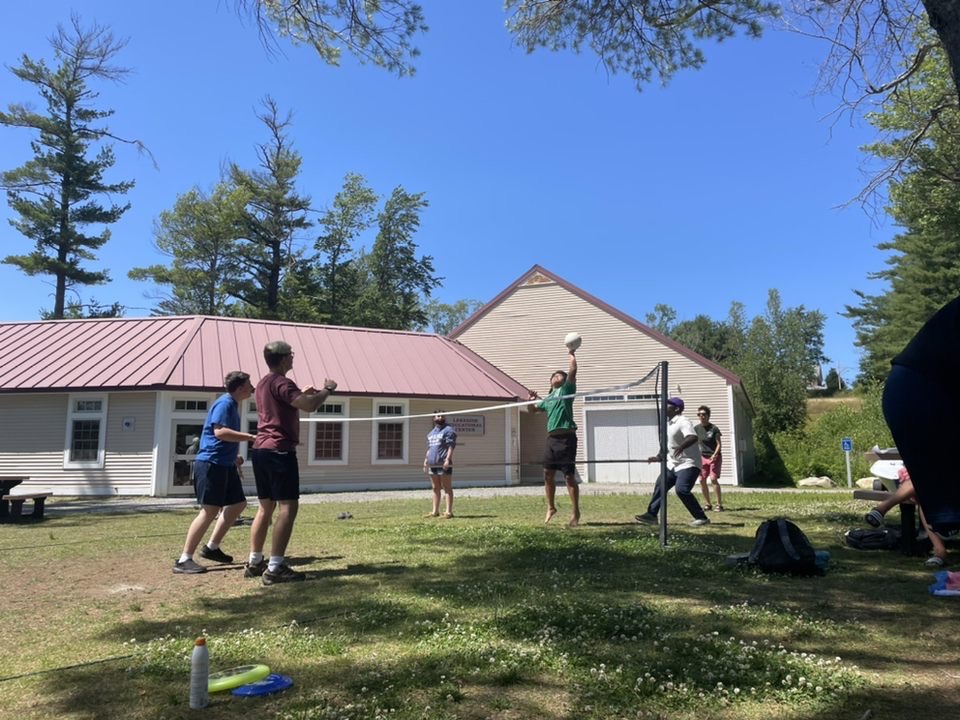
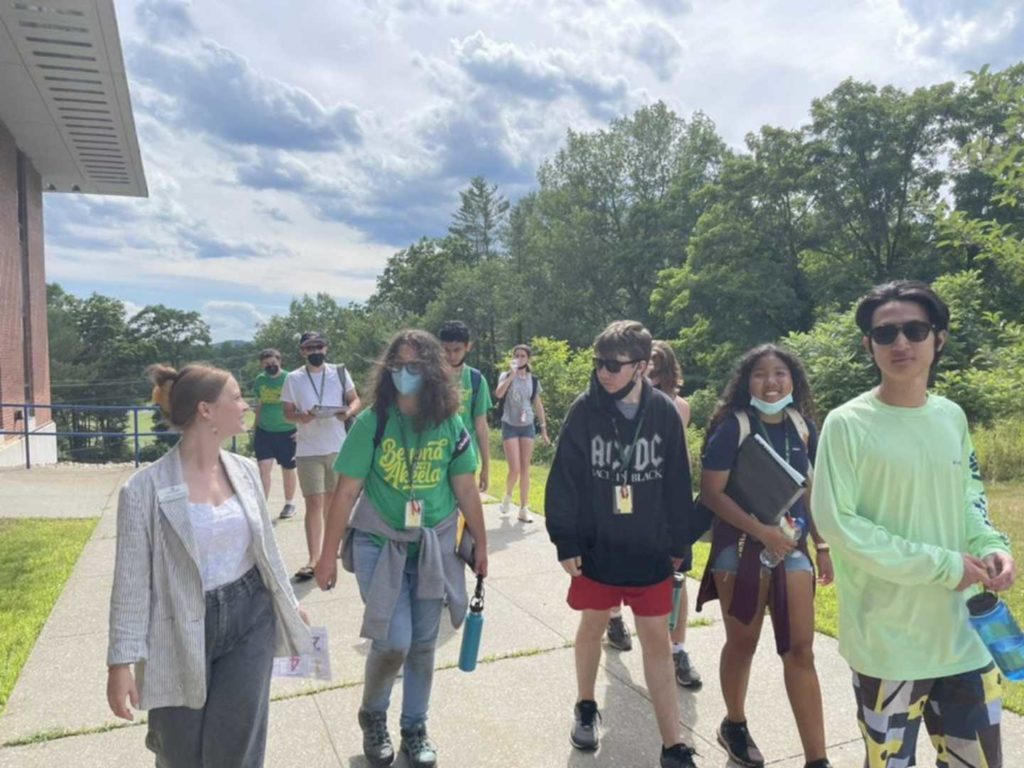
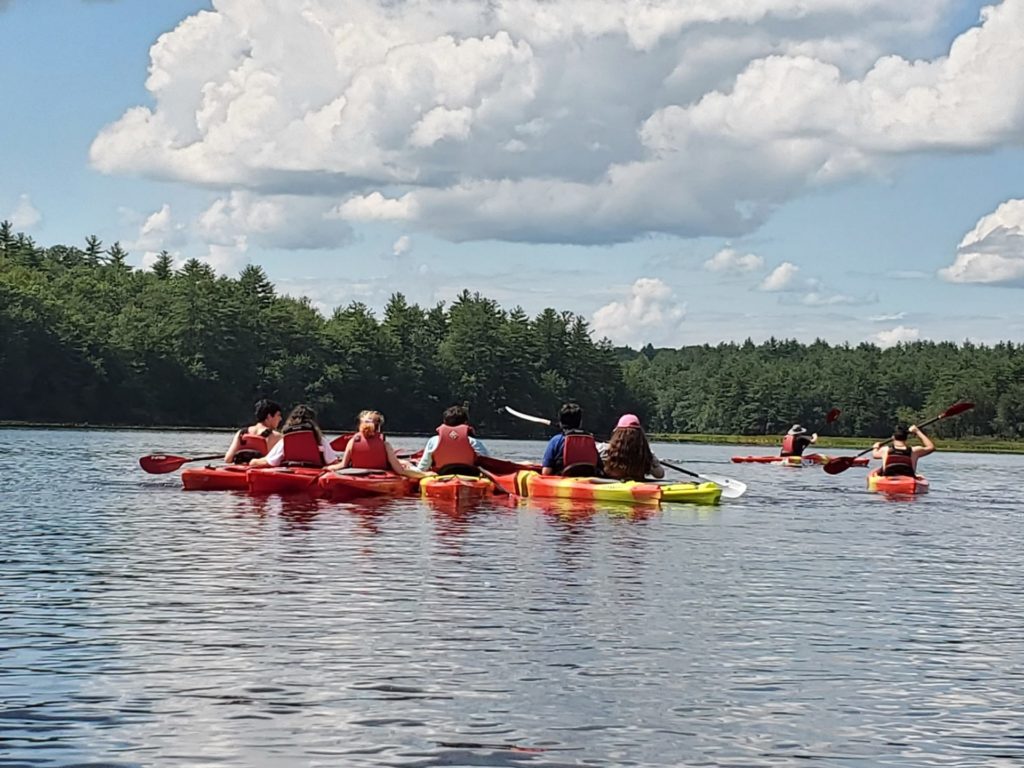
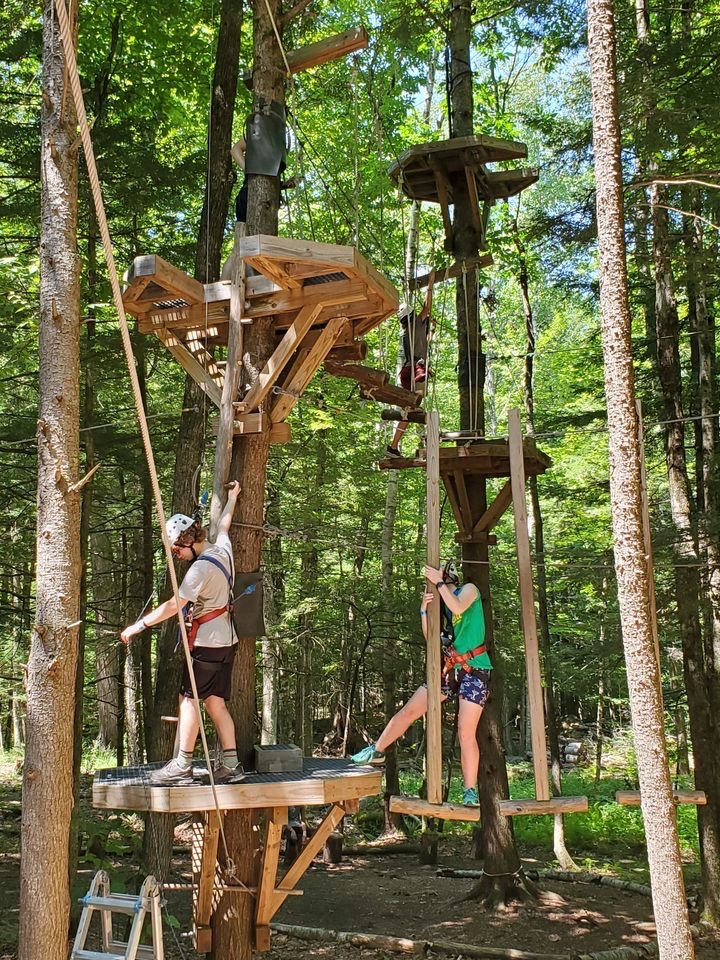
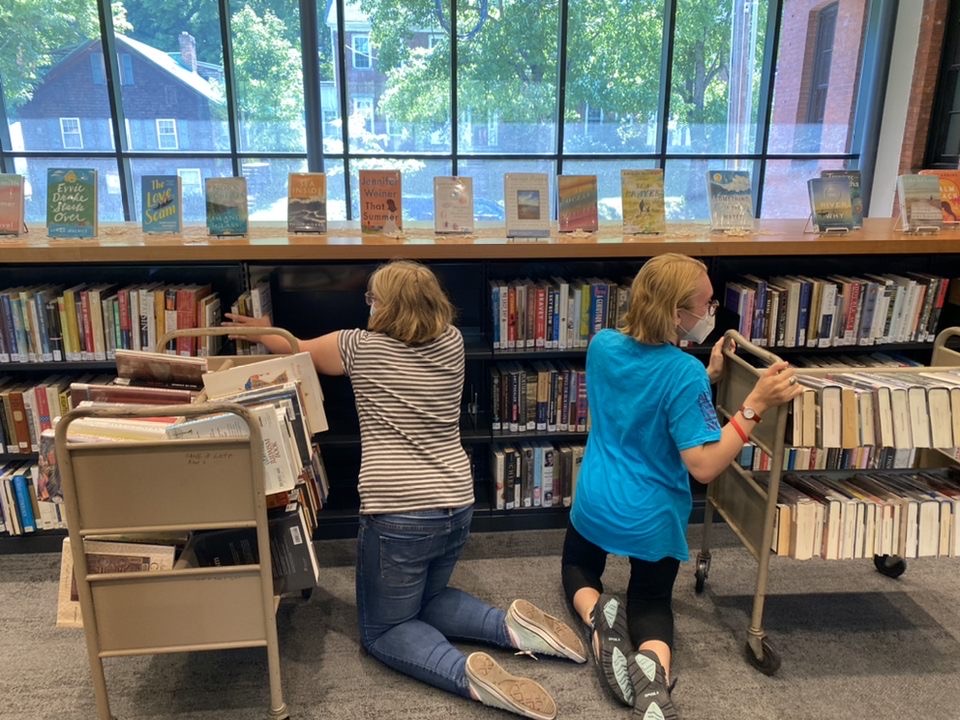
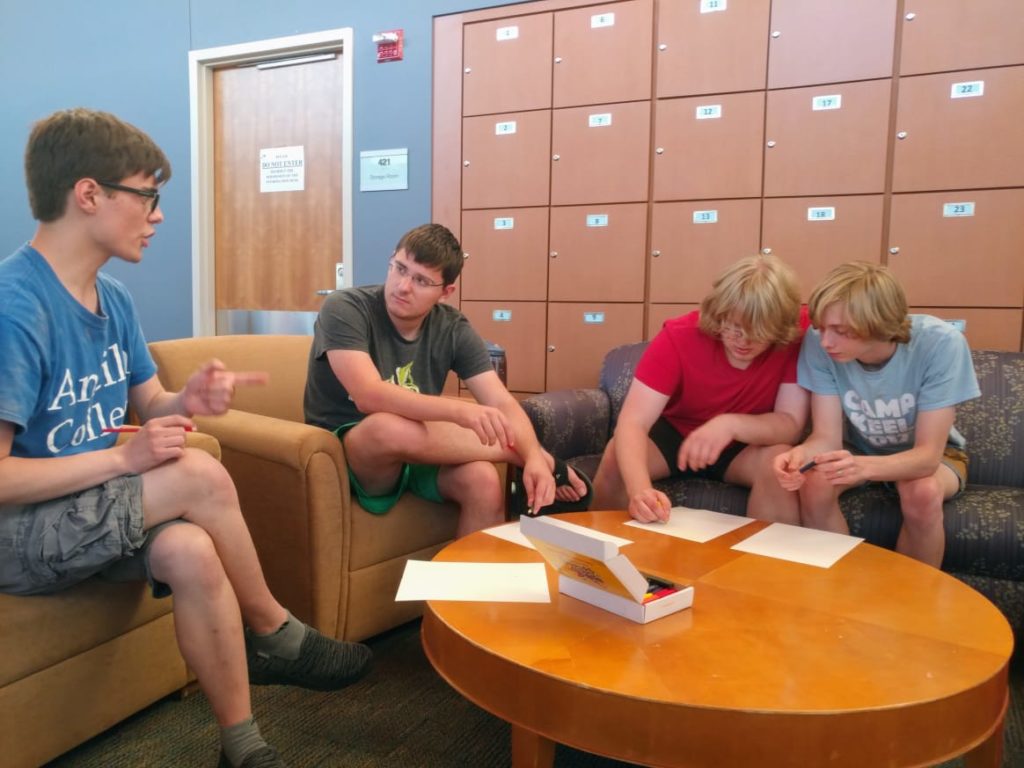
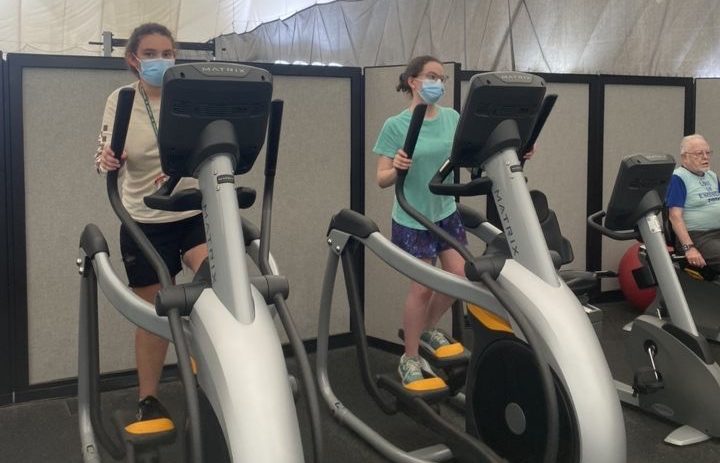
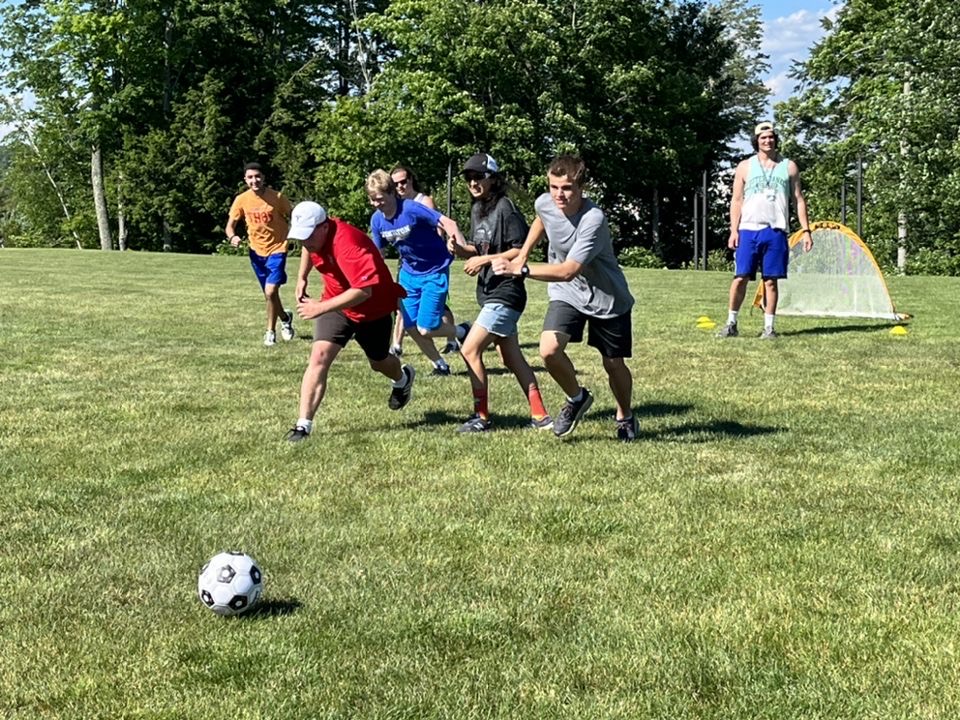
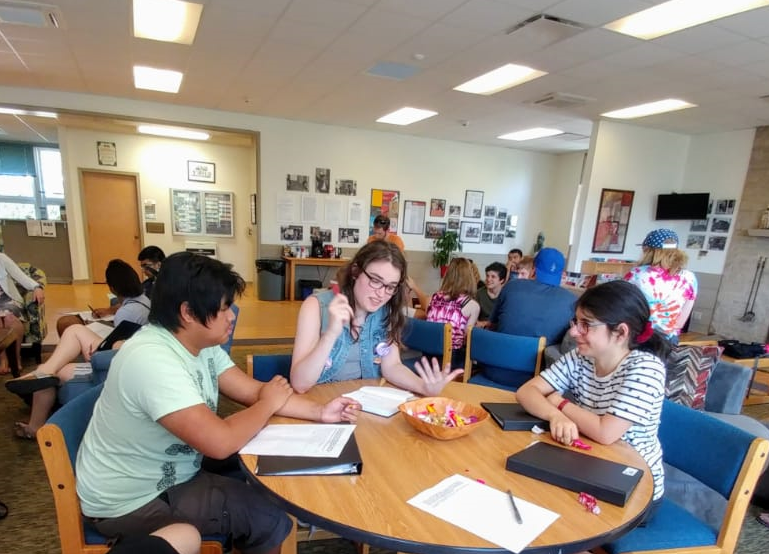
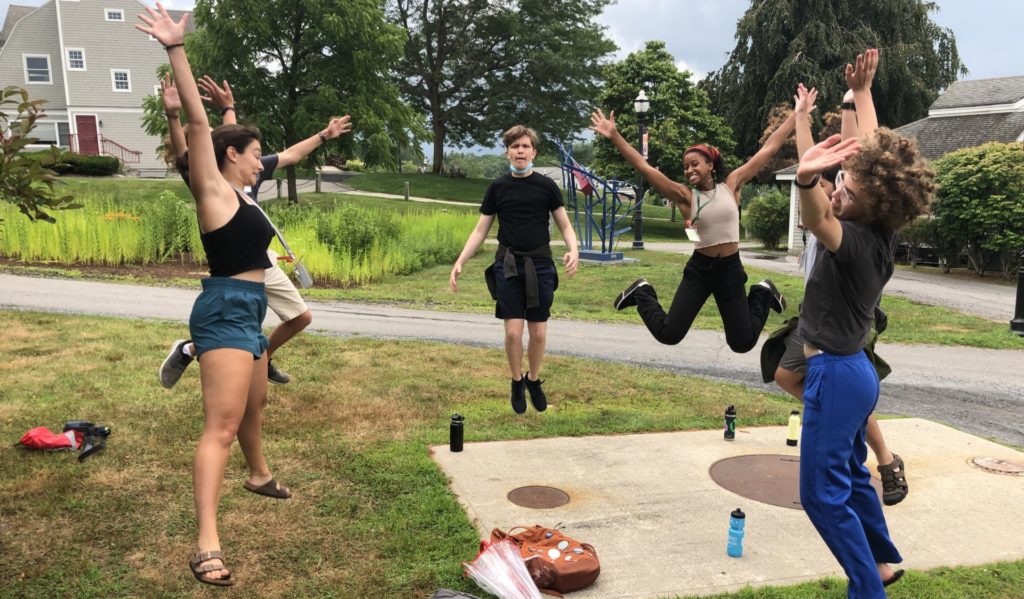
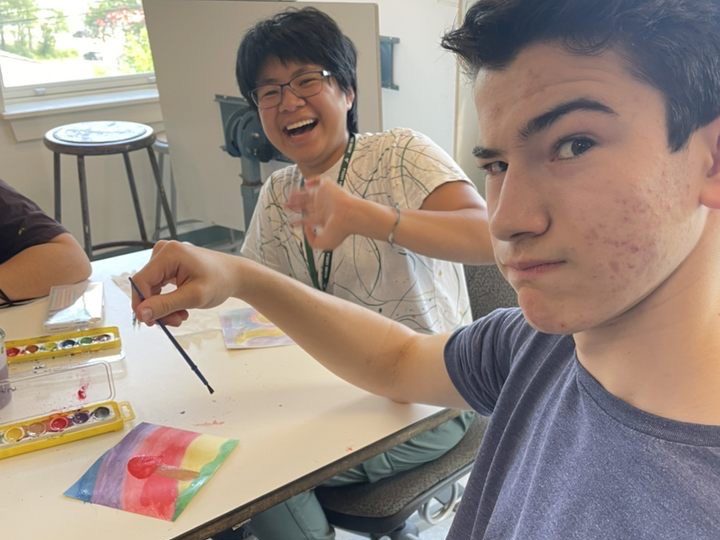
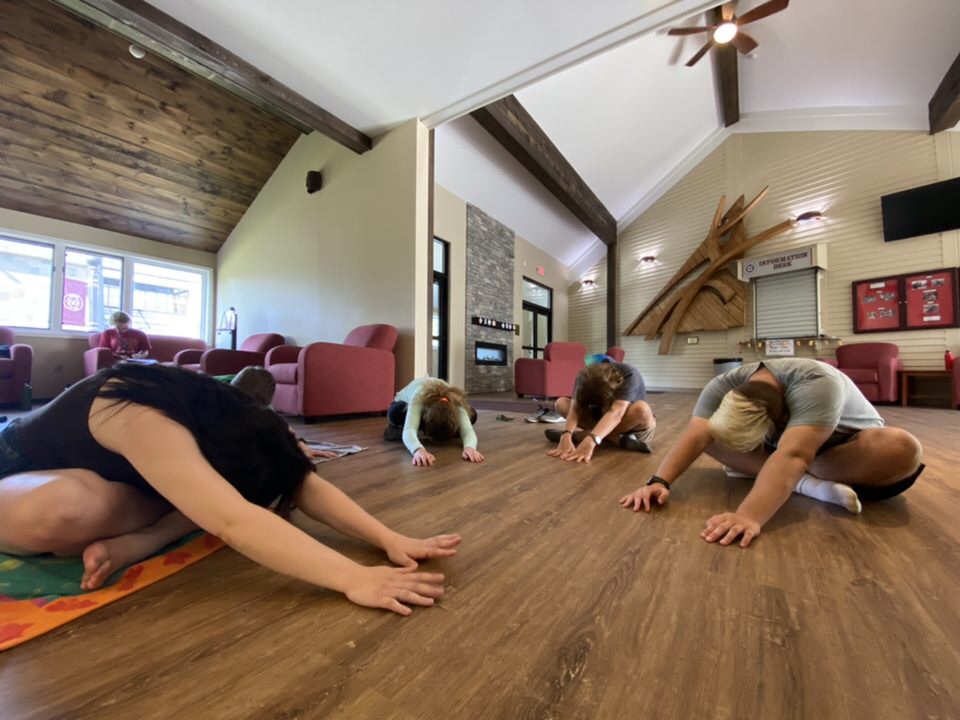
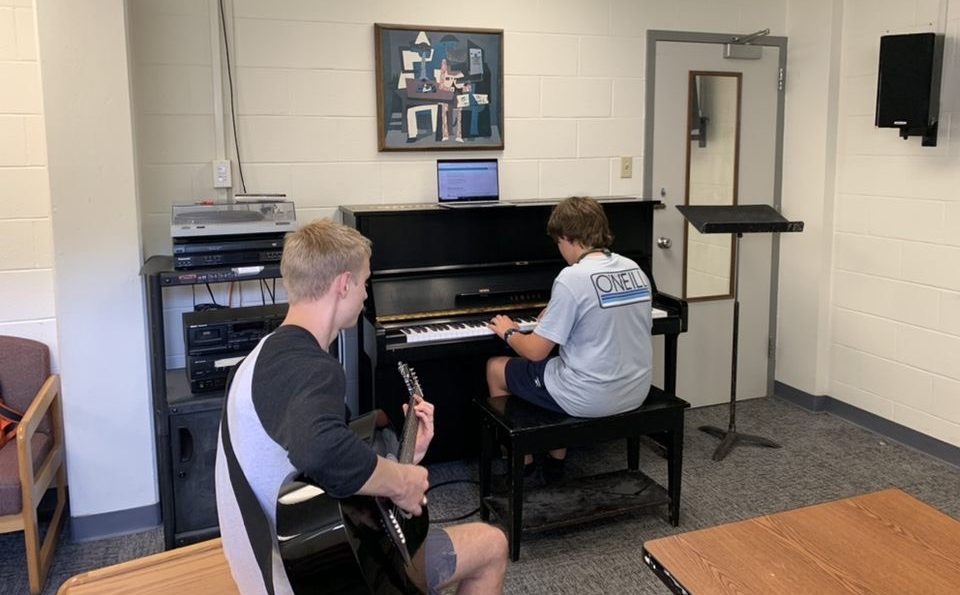
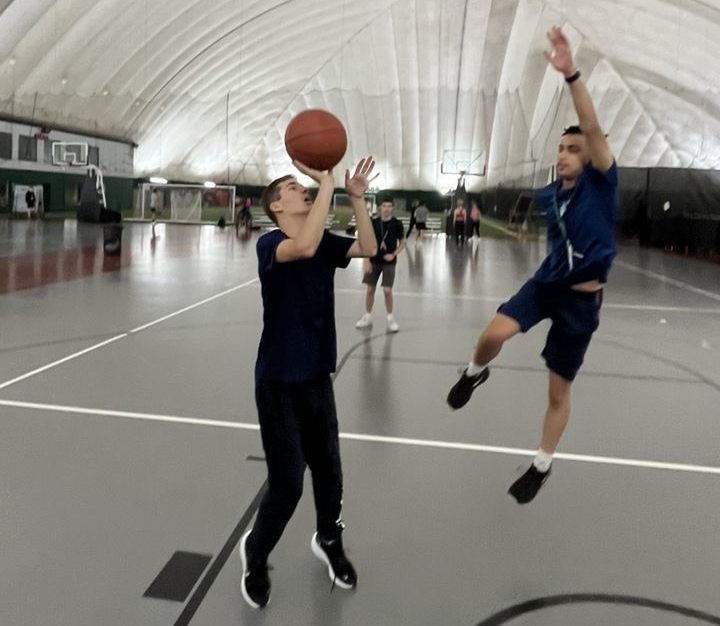
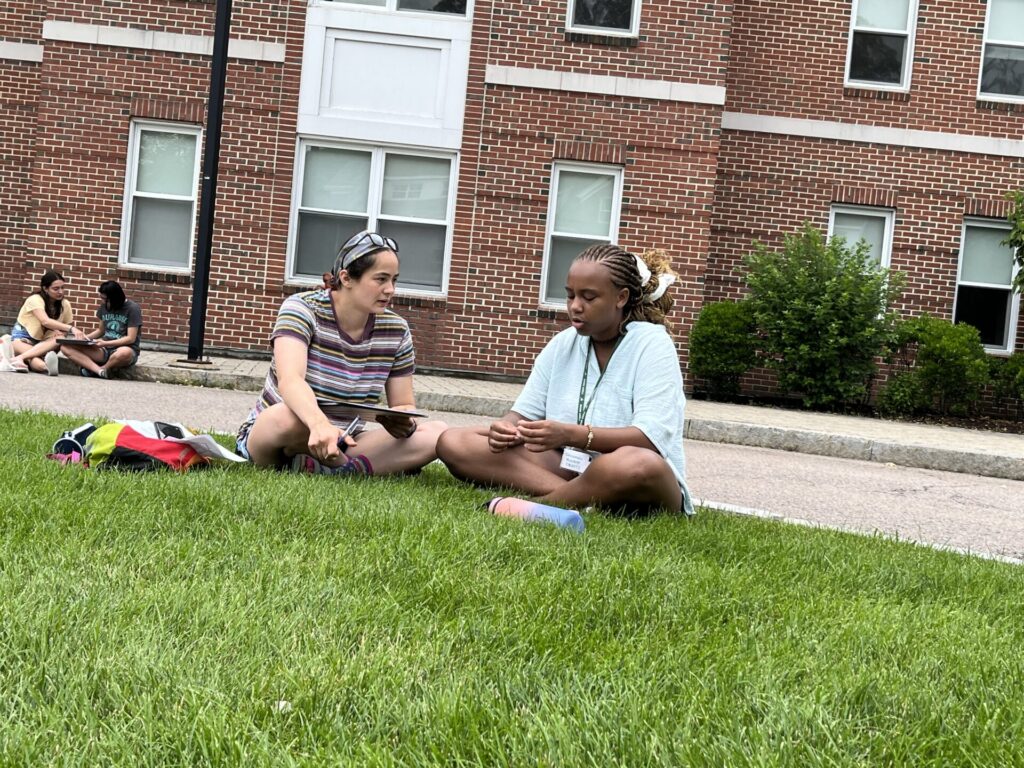
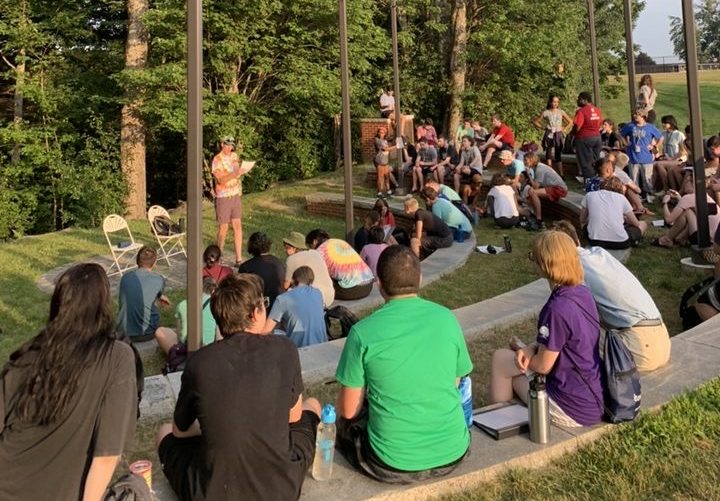
Excellent post! Thank you for giving us an idea about this. Looking forward to the next one